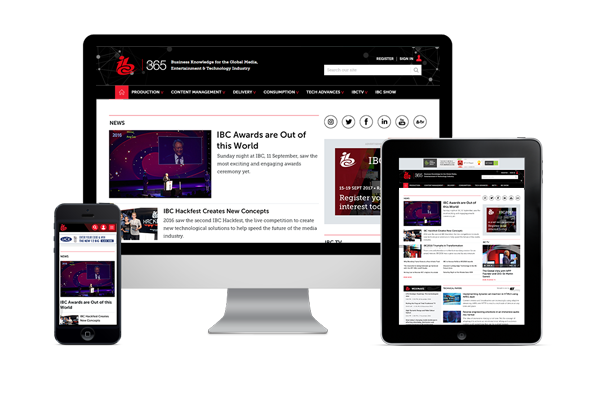Q&A with IBC Social Impact Award finalists

In this first instalment of a two-part feature looking at the finalists of the new IBC Social Impact Awards, IBC365 speaks with the shortlisted companies transforming the industry.
Read the full article

Sign up to IBC365 for free
Sign up for FREE access to the latest industry trends, videos, thought leadership articles, executive interviews, behind the scenes exclusives and more!
Already have a login? SIGN IN

















